Want to avoid the premium store prices and horrible, toxic food chemicals that can make you sick?
Start by reading a homesteader handbook that will help you become food independent. My choice would be a book called “Forgotten Lessons of Yesterday“, written by Lisa Cook. I was surprised at the wide array of topics that she covered.
I’ve collaborated with Lisa Cook via Survivopedia for several years now and, though we’ve emailed back and forth hundreds of times, we’d never met in person.
I finally met her and found out her story from zero to hero. Now I’m sharing her story it with you!
The interesting thing about Lisa is that she’s not your typical prepper. She lives a lifestyle that’s a motley collection of modern homesteading, common sense, and resiliency – exactly what her writing reflects.
She regularly covers topics ranging from growing medicinal plants to tanning hides. She is, indeed, resilient and independent, and the topics that she covered in the book reflected her diverse collection of skills.
We both agreed that, since I was going to be in her state for a business conference, it would be a great time to finally meet in person.
Instead of meeting somewhere for lunch, Lisa invited me to meet her at her home so that I could meet her husband and see in person the gardening and homesteading techniques that she proudly shares with her readers.
Because her favorite articles tend to revolve around farming, I expected her to live on a farm, or at least a couple of acres. I was surprised to find that she currently resides in a suburb of Orlando, or, more correctly, a suburb of a suburb of Orlando.
When I pulled up, it looked like any other house on any other residential street, though I do have to say that the neighborhood had more trees than average and her yard had an abundance of tastefully arranged ornamental plants. When we went around to her enclosed backyard, however, it was as if we’d stepped right into the country. Well, as much as you can when you can still see rooftops.
She had several citrus trees and vertical gardens were arranged around nearly her entire fence line. Even the ornamental plants on the patio turned out to be edibles – chili peppers, squash, kale, and strawberries. There were four 10×10 raised beds with a path that wandered through them to a barbeque area, complete with a brick oven, that husband had built. As I expected, she and her husband were both relaxed and welcoming.
I didn’t go there for an interview, but after a great lunch on her patio – including a salad made with lettuce and vegetables from her garden and a fresh salsa that she’d just made that morning, it seemed that it would be a great time to ask her some questions about her book and her way of life in general, to share with you.
Me: Looking at your book, “Forgotten Lessons of Yesterday“, it seems like you’re encouraging people to turn back to the days when people were healthier, by making our own food or living close to nature. In recent times, and in your writings, it’s like the pioneers are coming back to life and calling themselves homesteaders. Do you consider yourself a modern pioneer?
Lisa: I don’t know if I believe that “modern pioneer” is exactly what I’d call myself. I think I’m just a person who likes to live simply and be as independent as I can be. I guess, since most people have gotten away from living that way, you could call me a modern pioneer for encouraging it. I believe that, as our ancestors proved, the land will give us everything that we need, but we need to start taking care of it.
Me: Learning the old lessons of homesteading may seem pretty hard for somebody coming from an urban civilization. How hard is it to get the knowledge? How is that to you?
Lisa (laughing): It’s not hard, but there will be some bumps and lots of learning experiences. It’s funny you should mention that because we recently tried growing sweet potatoes – a crop we’d never grown before. Suffice it to say that there’s more to it than just sticking it in the ground. But now we know, and it was fun. I even wrote an article about it afterwards!
Seriously, though, the main thing is that you’re willing to learn. Just like anything else that you’re new at, there will be some mistakes, but you’ll learn from them. Trial and error. And you’ll always make mistakes, just like you do in everything else.
For instance, see all of those tomato and pepper plants over there? I made the mistake of assuming that because I bought seeds from the Dollar Store – 50 cents each – that I’d be lucky if a quarter of them grew, so I planted them ALL.
Now we have 70 tomato plants and 40 pepper plants! I’ll never plant unknown seeds without sample germinating again! But, the upside is that we’re selling most of them, which will cover our gardening and canning costs for the entire year. Not all of my mistakes have been so cheap, though!
Me: Would it be possible for a person like you to change how he or she lives – to go back to being a consumerist? And could you?
Lisa: You know, I actually did for several years, though it never felt right to me. It was convenient to just buy everything from the store, but it didn’t take us long to realize that that just wasn’t the life for us.
As you know, I was raised on a farm, so I was used to eating everything – meat, veggies, milk, butter – fresh, without any chemicals. Once I started buying everything from the store, I noticed that the food just didn’t taste as good. The most noticeable things for me were tomatoes and milk. The tomatoes always seem to be mealy and flavorless, and the milk tastes like chemicals. Plus, there’s just nothing like fresh cream in your coffee. But still, it was convenient, so I pushed on.
Then John and I both started feeling just … yuck. We both gained weight (me more than him, of course!) and we had some other problems. I had brain fog and my skin was rough and splotchy. I was sick to my stomach a lot. Even though John was in the military and has always been pretty fit, his cholesterol shot up.
I started paying attention to what we were actually putting in our bodies, and knew that we had to get away from all of that garbage and start eating chemical free, taste-good food again. And once we did, we never looked back.
It was like slipping on a favorite pair of slippers – I was just comfortable again. And our health problems went away. I guess you can take the girl off the farm, but you can’t take the farm out of the girl. It’s a core part of who I am and I can’t just NOT think and live that way.
Me: Reading your book feels very much like a journey that the reader takes along with you, in a very personal area of knowledge. Why is this book so personal?
Lisa: The easiest answer is that it’s personal because I’m sharing a core part of myself. In my heart, this is who I am. It’s not just how I was raised.
The more complicated reason that it probably feels more personal is that writing it brought back a lot of memories. I mean, I know how to do all of the things in my book, and so I just do them without investing much thought into it. When I actually sat down and explained how to do it, it made me think back to canning with my mom, or hunting with my grandfather. I realized that I’m not just teaching methods, I’m sharing my heritage.
Me: What would you tell to somebody who would like to turn to self-sufficiency but he or she doesn’t have the courage or doesn’t know where to start?
Lisa: I’d tell them that you start at the same spot that you start any new task – at the beginning. Start small. Don’t plan to be completely self-sufficient by next fall! Pick something that you’d like to do – for me, a big part of being self-reliant is growing my own food. If that’s the case, then maybe start out with some herbs, or if you’ve already grown herbs, start some vegetable seeds.
Buy books for beginners – for instance, mine breaks every task into small steps because I was writing on the assumption that the reader has never done it before. Find books like that. Do searches on the internet. Go through websites – Survivopedia is great, and that’s not just because I’m biased. There are several other sites out there, too. Just suck up the knowledge. There’s nothing like hands-on experience, but if you read about it, you’re already a step ahead because you’re not going in blind.
Me: I know we’ve been talking for a while now, and I need to get back, but for my last question, let’s address those folks who don’t live on a farm, or even in a single-family house. I’m looking around your yard and see that you’ve been really creative with a relatively small amount of space. What would you say to other people who want to be self-sufficient but don’t have much space?
Lisa: I’d say what my grandmother used to say – can’t never could. In other words, don’t find reasons why you can’t become self-sufficient; find ways that you can. Everybody has room on a counter for some herbs. That will save you quite a few bucks right there. You don’t need a ton of space to become at least partially resilient. You just have to find them.
There are other ways to go about it than just growing food, too. I didn’t write about this in the book, but it’s something that mirrors how I was raised – yard sales. They’re a great way to find good deals, get away from the big stores, learn how to barter, and how to upcycle/reuse just about anything. I watch Flea Market Flip and was hooked from the first episode. I’ve been trying my hand at that, in addition to finding cool clothes and stuff that I need. It’s fun!
Being self-sufficient shouldn’t be painful – don’t t make it something that you do because you have to. There’s a real sense of pride that accompanies eating food that you’ve grown or setting your glass on a coffee table that you’ve made or repurposed with your own hands.
Find the joy in being able to take care of yourself, even if it’s in small ways. Because, trust me, once you start, you won’t want to stop!






























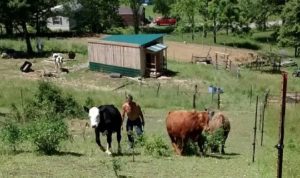




















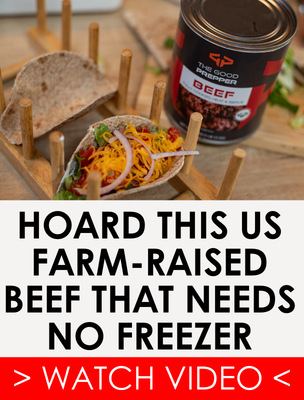
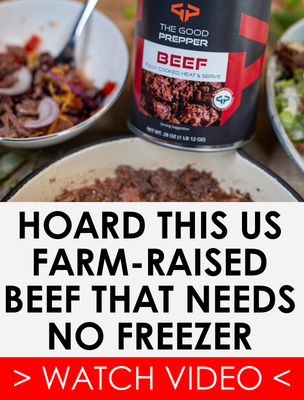
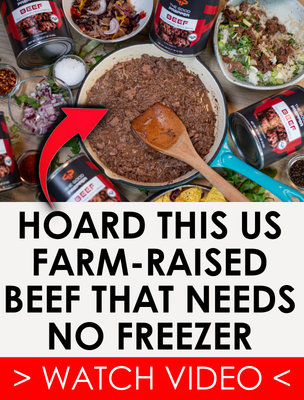
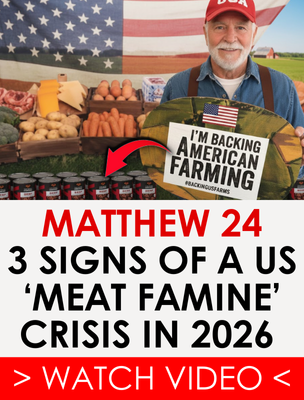
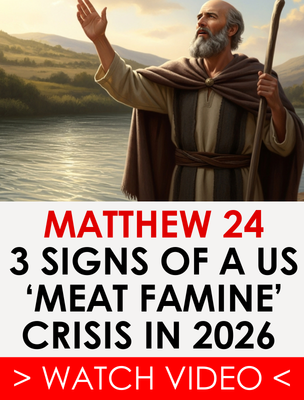
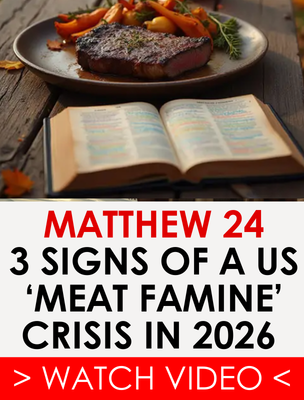
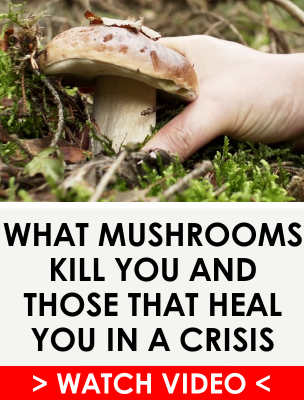
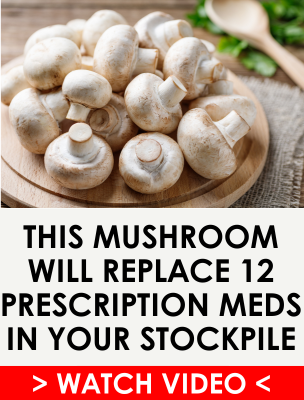
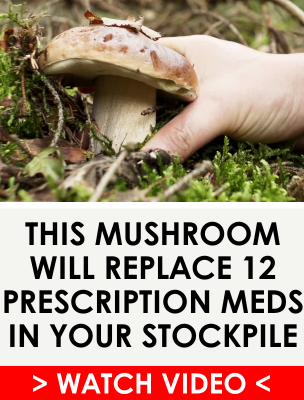



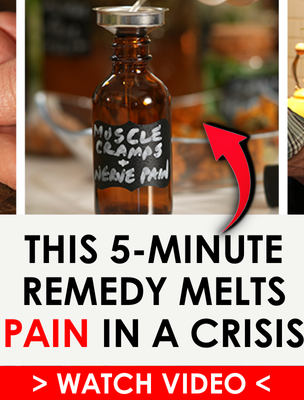

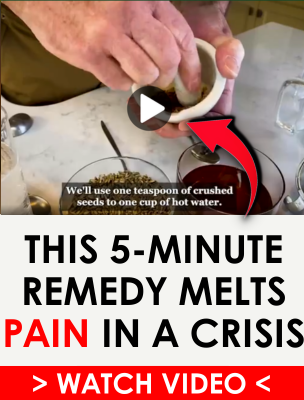
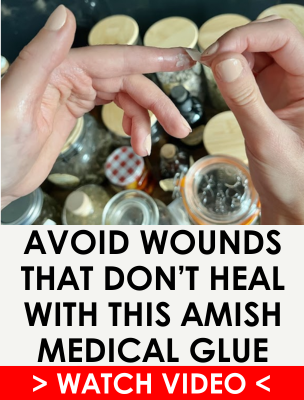
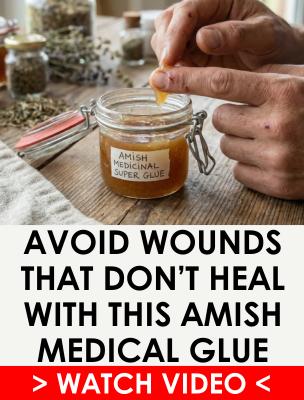
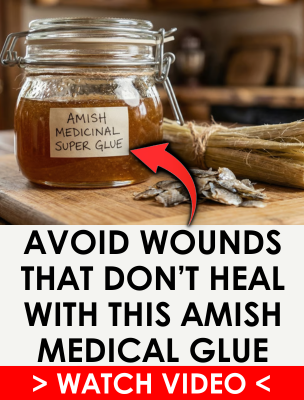
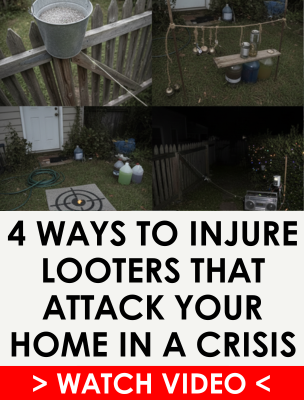
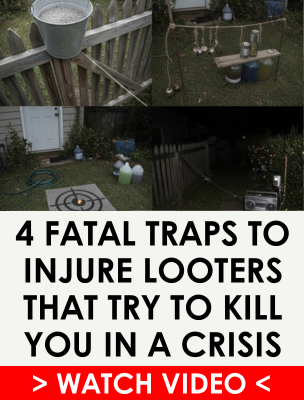
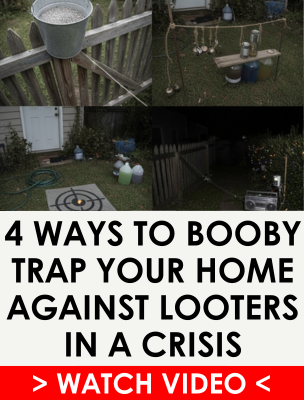
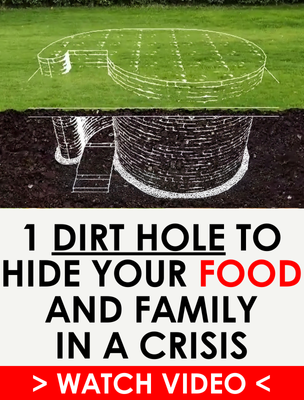
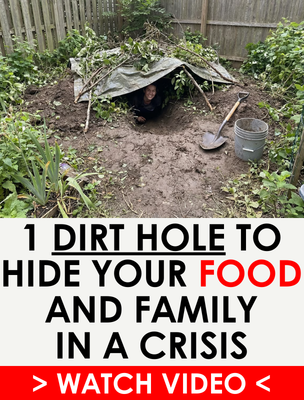
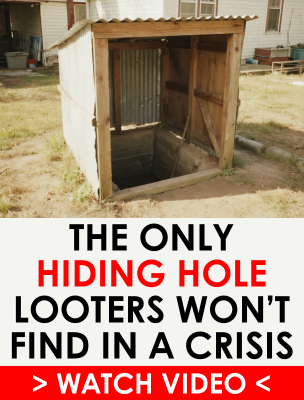

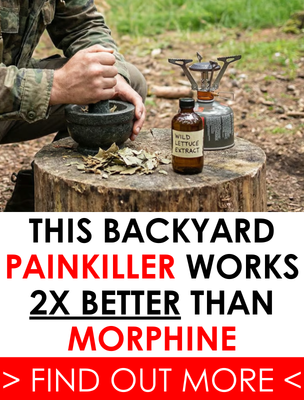
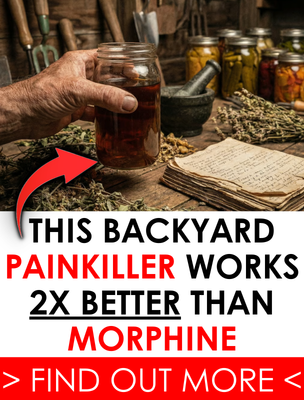
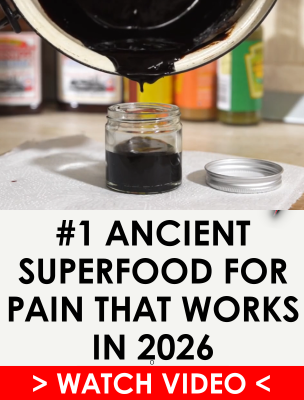
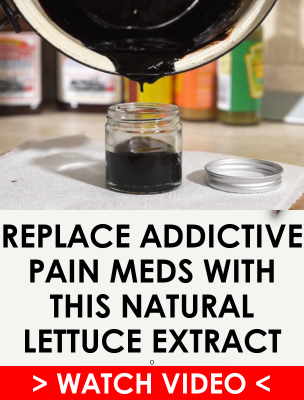
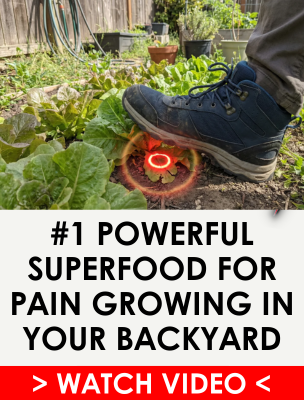



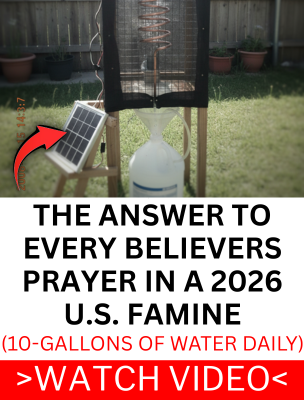
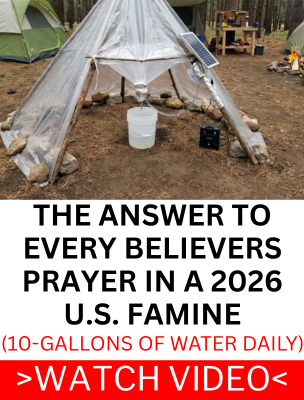
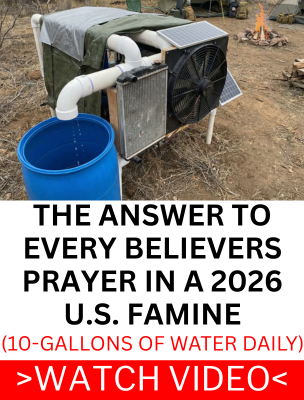

I’m so interested and want to learn what and how to grow a garden in mesa az.. can you help?
I noticed that the people you speak of are a husband and wife team. I am not married and I don’t have a significant other. There is no way I can do all the things that you have talked about. I love the idea, but at my age – 68, it’s just too difficult for me to do. I’m sure that I’m not the only woman in my position.
I’m in the same situation (a year older than you). I wanted to break in a new garden area late this summer. At a farm & home store bulletin board, I finally found someone who hauls chicken litter, so I bought a load (7 tons…I asked him to spread the excess around the pasture). Needed it tilled under….couldn’t find anyone on local Facebook ad pages close by, so I ran my own (free) ad asking if anyone in the area did that (with a tractor drawn tiller). One of my friends (who had been a customer at the music store I used to own) said he could do it. He’d been advertising brush hogging but hadn’t advertised tilling. He came and did it one afternoon…it was 100 degrees out there…his wife works afternoons so he had 2 small boys with him (they rode the tractor with him). I didn’t hear him leave. When I saw he was gone, I called & asked how much I owed him. He said “just call it even.” I told him he can’t work for free. He said you’ve always been good to us. (I really don’t know what I ever did for them!). He had to haul the tractor several miles to get here. Also have a neighbor who disked my old garden and didn’t charge anything. And, this past spring, I had lined someone up to cut down some elm & cedar trees that had gotten out of hand. Before he was ready to come do that, a guy in our Sun. school class mentioned he was looking for some down trees for fence posts. I told him I’m fixing to have just what you need. When I told him the situation, he said I’ll come cut the trees and won’t charge you anything. Our pastor and a deacon came and helped him. It pays to have friends!!!
Bev, that’s the besity Of country folk! Glad you can live more freely now because of their help.
In in Minnesota, let’s garden together.
Stephanie, you dom;t have to do everything…start small like she says…grow some herbs on a windowsill….Grow some lettuce in the same manner.. Maybe in season, grow some tomatoes or peppers or whatever you enjoy, in planters. Whatever you cam do, in your limited apace, withing your own capabilities, brings you closer to being more self sufficient. Male/Female, singlge/in a relationship, Purple/green/white/black., rich/poor, we all have barrieers to being more self sufficient.. but there are alwaus small steps we can take on the journey….And guess whar? No one is EVER fully self sufficient, or totally prepared for stuff…So don’t be so hard on yourself!
I have the same problem I”m 64 and single female. How do we find others to start a team of survivors in our communities. I’m in central Iowa. I was a Girl Scout in the 60’s so they were still teaching us to be prepared for anything. I have many supplies for survival including your great backpack which is packed and in my car. Help please!
Do your neighbors garden? That’s a good place to start relationships;
Kim E Marsh. I am 66 and I live three miles south of Ogden on 169. I have had large or small, in the ground or in container gardens for years. I could pretty much do everything myself until 2015. Progressive degenerate spinal stenosis/ disk disease raised its ugly head. I worked as Burn/Trauma RN at the U of I in Iowa City. It made some body parts less use friendly. I am now married to a farmer who “‘ doesn’t garden”‘…hohoho. Getting him to help me takes endless nagging and usually results in disaster because he is used to sit down gardening: sit in the tractor, sit in the grain truck, sit in the combine etc. He is used to kinda of function on auto pilot, but spacing out while doing “‘get your hands down and dirty”‘ type farming can go awry when someone is disconnected from his immediate reality. Ack ack, stripped screws, mower girdled trees, misc. things put together backwards…I have stories, lots of stories.
Alec, MANY times I try to follow one of your links to a product (Ike Theresa’s book this time) and only get a blank Web page saying “Safari cannot connect to the Web Page because it could not connect to the server. Ditto for MANY of the.other products you discuss from others. I don’t know if it’s an iPhone issue or what, but it means way less business for you and your partners as I’m sure I’m not the only Apple user that has this problem. In fairness, I will say that it is NOT a constant and consistent issue with ALL of them, only some, but it does appear to be getting worse.
I really appreciate all the information that your site supplies, but wished the books could be ordered in hard copy (physical) book……I will not buy PDF anymore.
I. agree about physical books., E books are a waste of money for me and would much more like to pay more money for a hard copy. To me it is like the difference in a text and a written personable note to a friend . Sandra December 11 2018
NO order button
One of the best books I have found of this kind is “Seems Like I Done It This A-Way” by Cleo Stiles Bryan, who had been a county extension home economist in Oklahoma for over 35 years, including through the Depression. She has passed on, but her book richly deserves to be kept in print. I think it would be a major asset for Survivopedia to make it available, if it can be done. Just saying…
I visited a 92 y/o church member who still lived on his farm. He had a bad back, so he had his kids (or friends) help him build a very long waist high table-box with sides (to hold dirt in) and on wooden table legs. His table was made in sections, and placed in his rural driveway (quite a distance from the road). It all looked good as I drove up to visit with him. The table was about 20-feet long (again, in sections). He filled it with dirt and planted tomatoes, peppers, herbs, strawberries, etc. His back “felt better” when he didn’t have to bend over. He could hose-water standing, and pick produce standing, and rarely got weeds. He also had a corn plot on the other side of the house and much acreage for corn (rented out to neighbors).
My back feels better when I am on my knees crawling along, rather than bending or squatting. When my wife and I started gardening 20 y/a, we were both working full time. We planted regular vegetables (often in containers, though because of that they needed near daily watering). We added various raspberry patches along two adjoining sides of our large back-yard (I live on a corner “double lot”), and asparagus and rhubarb (BTW, there is no “muffin” better than “cherry”-rhubarb muffins (that is why we still grow it–a perfect balance between sweet and tart. I had picked wild raspberries and fallen black walnuts and hickory nuts for years prior to our gardening (and still do it), trying to acquire 52 quarts of raspberries per year, frozen as soon as I pick them. Finally, we settled down to growing only what we love and eat near-daily. When we had a large chest freezer we made our own tomato juice, and pasta sauce. (that was gooood). Last year we went to a local orchard to buy 10+ 20-pound bags of apple varieties. My wife would peel, chop and make applesauce (smooth and chunky) from them to add to dinners and muffins to lengthen the raspberries. It ended up that we gave frozen containers to our sons, and had to get more and more. We like freezing produce over canning (and we’ve done that too). I will try this year to “ferment” wild edibles (by canning). The best way to garden is determine how many tomatoes you eat in a year and start by growing just a few plants (unless kids or friends will want some).; and maybe a few peppers. If you run out, then go to grocery store (or farmer’s market) and next year plant more. Try to grow only what you eat in a year. With tomatoes we washed and dried them off the vine and froze them whole in paper grocery bags in our chest freezer; then thawed them when we used them. Tasted Great, minimal effort. I live in a Great-Lakes winter-state bordering Canada.
As emergency food you can buy Sprouts Seeds fairly cheap (like $10 per pound). Many will sprout in four days (and are far healthier than the adult plant); but at the same time you can plant sprouted seed indoors, and transplant outdoors for broccoli, radish, kale, etc. The key to gardening is (1) “grow what you eat and, if you don’t eat much of what you like, grow only a few plants:. Buy; a small chest freezer on wheels. Freeze what you are not ready to eat (it is simpler and time saving. Share with whoever you like, but don’t grow for them. Teach them how to grow for themselves. .My son now lives in a small apartment. He found a friend with a sunny back yard and grew pole beans and tomatoes in 5-gal plastic buckets. He shared half his crop with the friend for use of the space and water. It worked well for both..
If you plan to grow short fruit trees (peaches, cherry, etc.) you have to be prepared to resist bugs that love them. In my state we have an invasive Japanese Beetle that loves red raspberry and peach and cherry. All they do is mate many times daily (making hundreds of babies fast) and eat all day long. Best way to be rid of them is as soon as you see the first one, get a small wider plastic pill bottle, fill half with water and a bit of dish-soap. Shake it up and knock the beetles off the leaf into the soapy water. Beyond that I also got a mister bottle (sprays like Windex window washing solution) and fill it with about 1/3rd vinegar and the rest water. Spray it on the leaves (top and bottom). It will deter birds, beetles, ants, wasps; but must be re-applied after every rain. The vinegar also makes the fruit taste better (to me). This year I will use a “paint sprayer” (electric from hardware store). It will help me spray faster and hit easily the under side leaves on my short trees. I prune my fruit trees to stay low to ground (within reaching distance of my size). I don’t use pesticides anywhere on my property. I grow wild edibles also: dandelions, purslane, plantain, And since I put out a bird feeder for spring, fall and winter, the birds bring in Nettles, peppermint, and other edibles. The wild foods are my “survival foods”, beyond food we store for winter. All my neighbors poison their lawns. When and if the SHTF and my neighbor’s are hungry, I will offer them to dig out 2nd-year dandelion roots from my lawn; and they will see me out there harvesting the same (and saving the seeds to grow more in places I forage). I nibble on dandelion leaves regularly, and creeping-charley (an interesting tasting mint) regularly, and purslane and broad/narrow leaf plantain weeds, and clover and alfalfa (that the birds bring in). I salve their seeds because anytime you can eat “all of the weed”, the seeds when sprouted will be totally edible.
In our area there are community gardens … in some, you can rent a garden plot for $25 for the season and others are free. Even an older, single person can plant things and it seems that everyone there is willing to help, give advice, etc. It may be a good way for some to start.